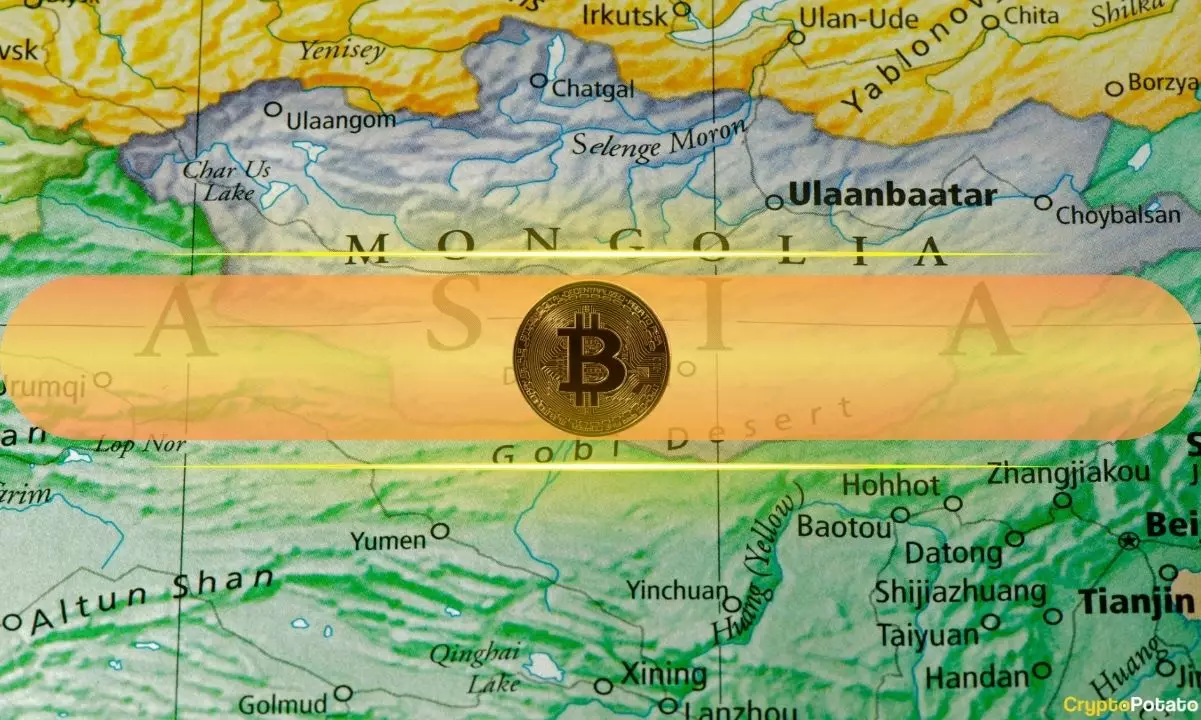In a world that continually grapples with economic uncertainty, Bitcoin (BTC) is emerging as a pivotal asset class that nations are beginning to view as a strategic reserve. This evolving perspective is underscored by a recent commentary from Gerovich, the CEO of Metaplanet, who claims that the United States is sparking a competitive global landscape for Bitcoin reserves. This article delves into the implications of this opinion, examining how governments and corporations are increasingly considering Bitcoin as an integral part of their financial strategies.
The discourse surrounding Bitcoin is informed, in part, by political developments; specifically, Gerovich points to the potential influence of Donald Trump in the realm of Bitcoin reserves. He predicts that if Trump were to establish a Bitcoin reserve in the U.S., Japan and other Asian countries may hasten to follow suit. Such assertions revolve around the concept of international influence and mimicry in economic policy. As Japan historically looks up to the U.S. for direction, the establishment of a Bitcoin reserve by a major player like the U.S. could catalyze a ripple effect throughout several nations.
Gerovich’s idea taps into a larger narrative that sees Bitcoin transitioning from a speculative asset to a recognized resource with strategic value. This sentiment was proliferated through the insights of cryptocurrency advocate Saifedean Ammous, whose book *The Bitcoin Standard* argues for the very tenets that Gerovich discusses. As governments begin to recognize Bitcoin’s potential, the conversation moves from skepticism to one of strategy and adoption.
Amidst this shifting landscape, Gerovich emphasizes that many Asian countries, particularly in the developing world, may regard Bitcoin as a stabilizing force for their local currencies. This perception is likely due to the currency volatility that many emerging economies experience, where traditional economic measures often fall short. Bitcoin presents an alternative, one that allows countries to diversify their monetary strategies, potentially lessening their dependence on insubstantial fiat currencies.
This impending race to accumulate Bitcoin isn’t merely a financial maneuver; it represents a significant evolution in how nations view and utilize money in the global economy. With institutions like Metaplanet looking to amass Bitcoin stockpiles, it’s clear that companies, too, are aligning their strategies with this digital currency phenomenon.
Metaplanet’s strategy closely mirrors that of MicroStrategy, the U.S. tech firm recognized for its staggering Bitcoin acquisitions. Gerovich mentions how pivotal April was for Metaplanet when the decision was made to adopt Bitcoin formally as part of its investment portfolio. The approach of building substantial Bitcoin reserves seems to be a growing practice, indicative of wider corporate acceptance and potential market maturation. This is not just a trend limited to niche tech companies; it’s becoming a front-and-center strategy for maximizing shareholder value.
In December, Metaplanet made a sweeping purchase of 619.7 BTC, a transaction worth approximately $60.6 million at the time—a clear testament to its aggressive strategy. Comparatively, MicroStrategy’s impressive haul of over 446,400 BTC since its investments began in August 2020 positions it as a key player in this digital asset sphere.
While the implications of such corporate and governmental maneuvers are complex, they evoke the prospect of a future where Bitcoin is not merely a speculative asset but a financial standard. As global discussions include Bitcoin in dialogue at the highest political levels, there’s a sense that a foundational shift in economic models may be in the making. If countries begin to see the merit in adopting Bitcoin as a strategic reserve, it could usher in unprecedented changes in how value is recognized and transferred.
The potential for a global race toward Bitcoin formation is an intriguing prospect that shapes the financial landscape. As governmental and corporate structures adapt to embrace Bitcoin as a significant reserve, the foundation for a new economic paradigm might be taking shape. This ongoing evolution could launch Bitcoin into a position of power and legitimacy, framing it not just as a digital asset but as a crucial component in the future of international finance.











